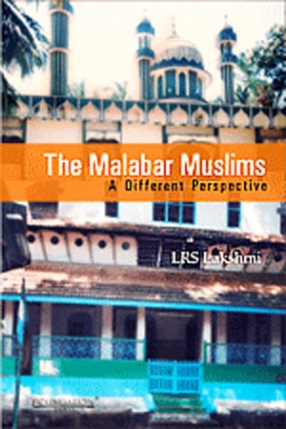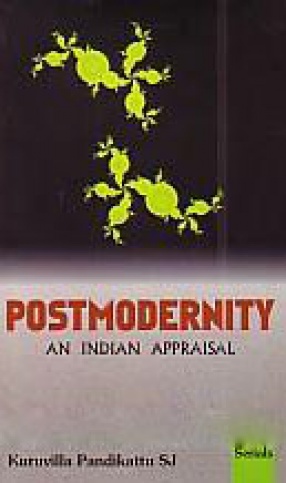The Muslims of Kerala, primarily in the northern region of the state called Malabar, are referred to as Mappillas. This book is a study of the social and institutional changes of the Malabar Muslims during the colonial period. It presents the Mappilla community in a wider Indian context and analyses its social, economic, religious, theological, political and educational aspects in detail. Particular emphasis has been laid on their women who are socially more powerful than their counterparts in the rest of the subcontinent.
The Mappilla tharavaadus, which are matrilineal joint families, and kaarnotis, the female matrilineal heads of these families, are central to the understanding of the social history of this community. The British colonial system disrupted this traditional social order. The book argues that Mappillas do not per se represent a monolithic community, but show inter- and intra-regional variations and social hierarchies. The position and status of the Mappilla community in the twenty-first century has been compared with its Muslim counterparts in the other regions of the country.
The book would be of interest to academics, researchers and graduate students of South Asian History and Sociology. NGOs working on the social welfare of minorities and general readers interested in the Islamic community of the west coast of India will find this book useful.





There are no reviews yet.